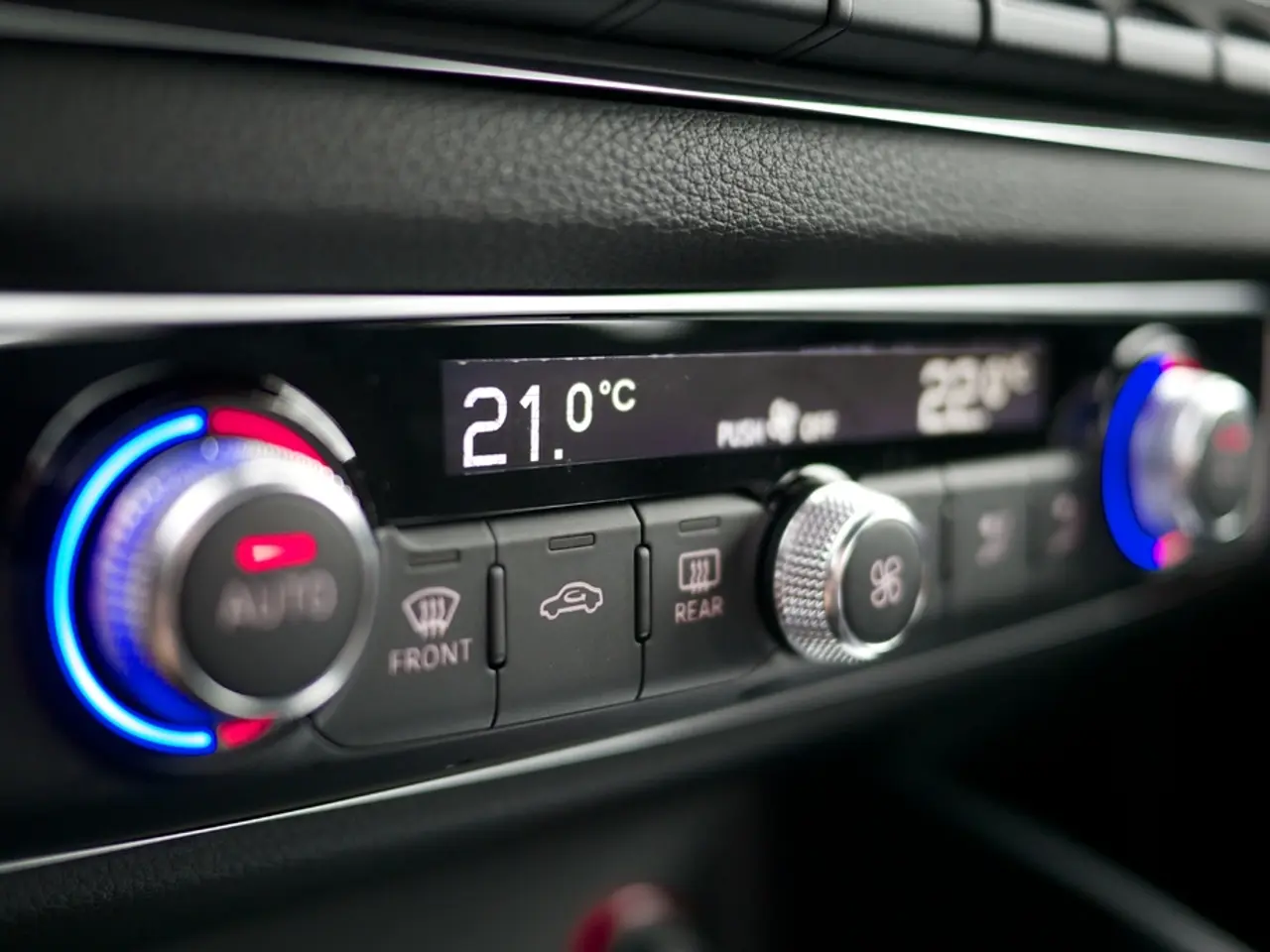EU Business Compliance Standards
The European Union (EU) has established a comprehensive framework of product regulations to ensure high health, safety, and environmental standards for businesses operating within its market. Central to this framework is the General Product Safety Directive (GPSD), which mandates that all products marketed in the EU must be safe for consumers.
To comply with these regulations, businesses must first identify their product's customs code in the Access2Markets database. If the customs code is not known, it can be searched for using the built-in search engine with the product's name. This database provides information about rules and regulations, competent authorities, and VAT and excise duty rates applied to the product in the EU country of sale.
Different sectors may have specific directives that businesses must adhere to. For instance, the Low Voltage Directive, the Machinery Directive, and the Medical Devices Regulation apply to their respective industries. Compliance with these directives is integral to consumer protection and maintaining fair competition among businesses across EU member states.
Most of the product rules in the EU are harmonized, meaning the same rules apply in all EU countries. However, non-harmonized product requirements may vary among countries due to the presence of "opening clauses" that allow national regulations alongside EU rules. To find out which national rules apply to specific products in each EU country or the details of competent authorities within that country, one can contact the Product Contact Points.
The principle of mutual recognition applies to products in the EU. This means that other EU countries cannot forbid the sale of products, obligate modifications, or require additional testing if they meet the requirements in the country of origin, unless they can prove non-compliance with technical and quality requirements and offer a lower level of safety.
However, products that pose a risk to public interest, such as health, animals, plants, environmental protection, public security, or public morality, may be banned from export to certain EU countries based on their technical requirements.
It is important to note that failure to comply with these regulations can result in significant repercussions, including penalties, product recalls, and barriers to market access. For assistance with product rule incompatibility issues, one may seek help from SOLVIT.
In conclusion, navigating EU product regulations can be complex, but with the right resources and understanding, businesses can ensure their products meet the necessary standards and successfully enter the EU market.
Read also:
- Antitussives: List of Examples, Functions, Adverse Reactions, and Additional Details
- Asthma Diagnosis: Exploring FeNO Tests and Related Treatments
- Naturopathic Medicine Explained: An Overview
- Unauthorized disclosure of Azure AD Client Secrets: Privacy in the digital realm under threat due to exposure of cloud credentials








